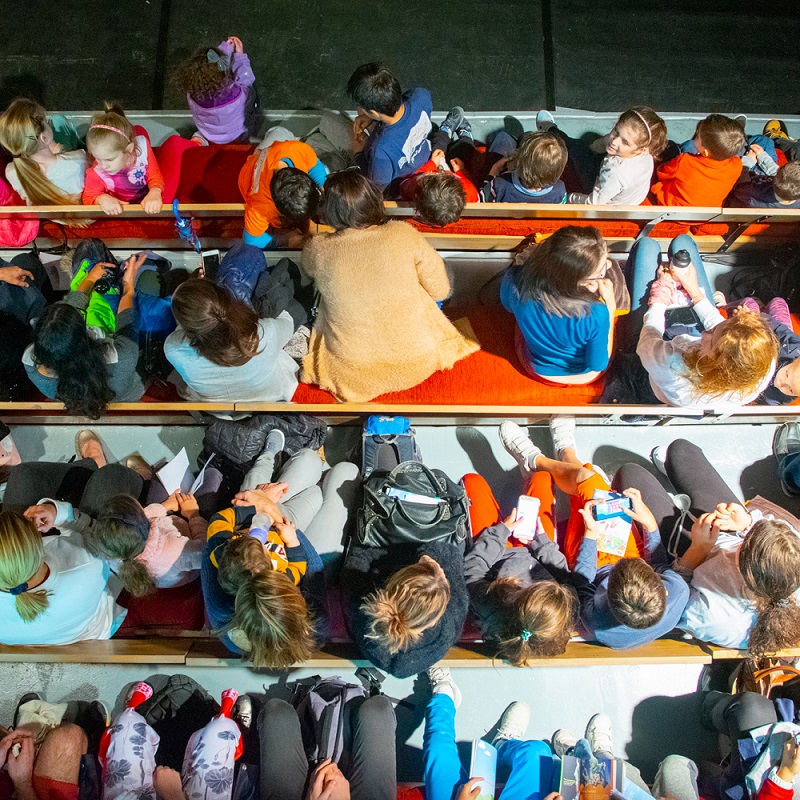
As we brace ourselves for the end of a very busy year for culture and the arts many are those asking what will happen after 2018? The work done when it comes to policy-making and public investment has been substantial - resulting amongst others in the introduction of more catered artists development programmes, creation of new arts organisations and continued improvement on available resources.
Arts Council Malta’s commitment to invest more in education schemes in partnership with the Ministry for Education is commendable, while public cultural organisations are now more geared towards developing outreach initiatives which cater for the different communities. Case in point, season initiatives such as Teatru Manoel’s Toi Toi, MPO’s youth programme and Spazju Kreattiv’s development strand are a good way to develop interest and engagement. Also funding opportunities like CulturePass and Kreattiv remain of the essence for students and educators to engage more directly in creativity.
ŻiguŻajg has been a very important player in all this by setting the bar high both when it comes to presenting critically-acclaimed productions from around the world but, most importantly, ensuring the local sector has the expertise and resources to develop good quality productions.
Year after year audiences are presented with a wide range of projects to choose from while creatives are given the platform to attend tailored professional development and networking sessions with peers in the creative arts. As a result, we can now count on a strong repertoire which can tour internationally while the Festival’s reputation as a go-to event has also reached other countries.
However there’s still a lot to be done and one thing which makes the coming years pivotal to the development of the local creative sector is the continued investment in professionalisation and the implementation of targeted audience development initiatives. Thorough attention needs to be given to this aspect to ensure more people and specifically upcoming generations grow in a society which truly values the arts and their impact on social well-being. Various studies have shown those exposed to arts have a higher propensity for creative thinking, improved academic performance as well as greater level confidence and perseverance. The time is ripe to be more direct in advocating such and have the arts as an integral part of our education framework.
Now that the national arts strategy is set and a lot of investment has been made, there needs to be a fully endorsed national plan that provides children from a tender age with the chance to engage in the arts regularly as well as holistic calendar of events agreed by public and private stakeholders that gives children and youths full exposure to quality events. In the same way, creatives need not only be given the means to finetune their skills and present one-off projects but also the business incentives to specialise in work that caters for specific communities and audiences.
In so doing, the legacy of Valletta 2018 and valuable work done by all those within the creative sector will bear fruit, by putting the arts truly at the core of Malta’s socio-cultural ecology.

Children waiting for a performance to begin, ŻiguŻajg 2018, photo by Edward Degabriele
Submitting ...
Saving ...
Any applications related to this entity, will also be automatically deleted.